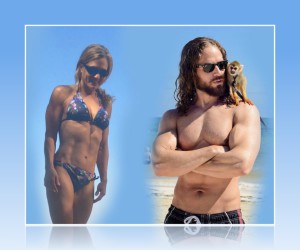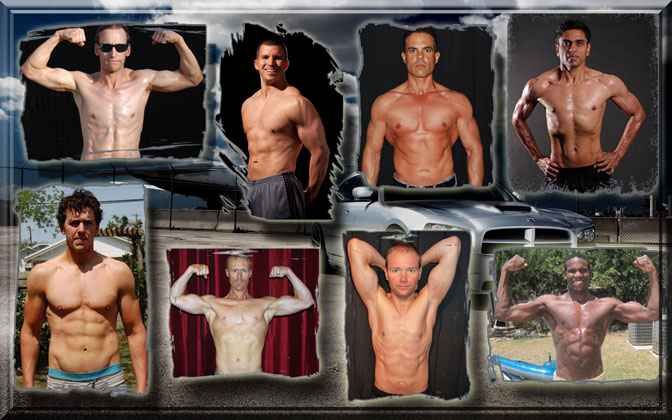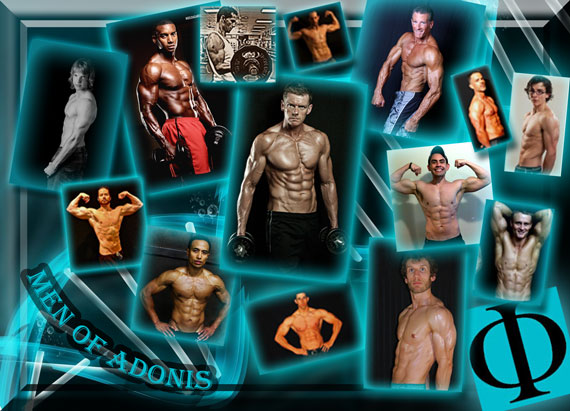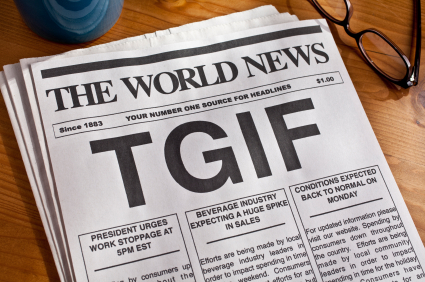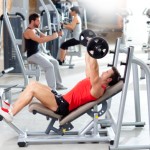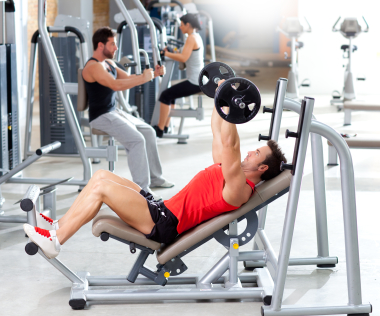What is cardio training?
What is resistance training?
What training is oxygen dependent?
What type of training causes muscle growth?
What is cross training?
What is low intensity training?
What is high intensity?
What is interval training?
What happens at the muscular level?
What makes the muscles stronger?
What about the angle of the muscle fibers?
Can you get stronger yet not bigger?
What makes the muscle get bigger?
What about capillary density?
What about the shape of the muscle?
What about the tendons, bones, and ligaments?
What is sustainable exercise?
What about stress and repair regarding adaptation?
What is over training?
What about muscle memory?
How does cardio effect health markers?
How does this effect insulin sensitivity?
How does this effect fat loss and energy usage?
Do you have to know how this all works to get benefit?
What about cumulative effects and stress?
What about consistency and transient benefits?
Listen to what John and Brad have to say about this topic:
IMMERSION Clients May Login and Download Podcast Here
(If you are using Adonis Index Mobile, go to the left menu -> My products -> right menu -> Uncensored Season 3 -> enjoy, you can assign star to add it into Favorites for easier access next time, if you don’t have access to Uncensored Podcasts you can purchase Immersion Package inside the App Shop)
Not an Adonis Index IMMERSION client? Click here to find out more…

